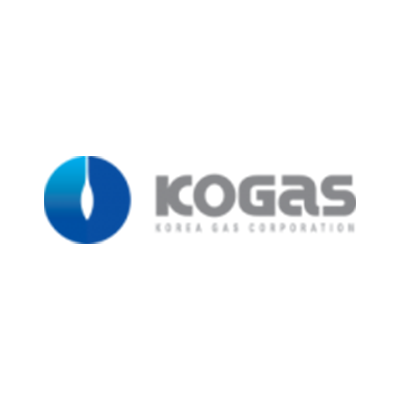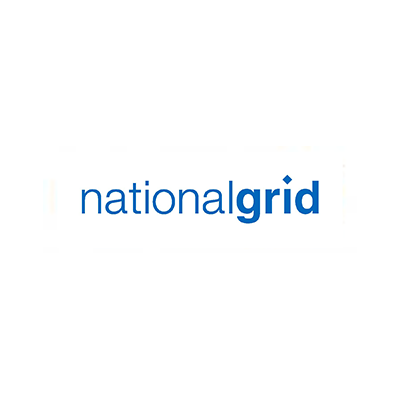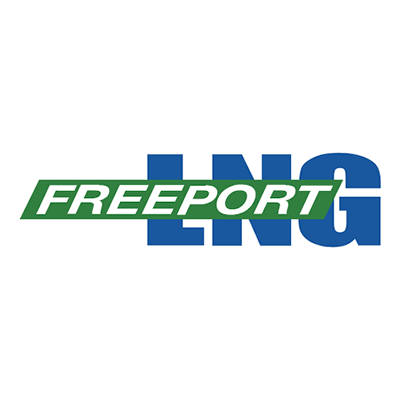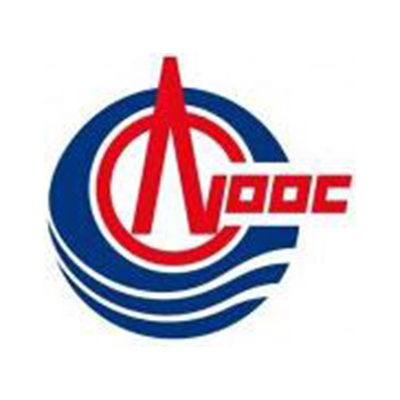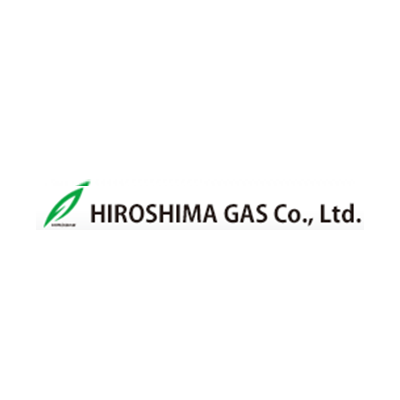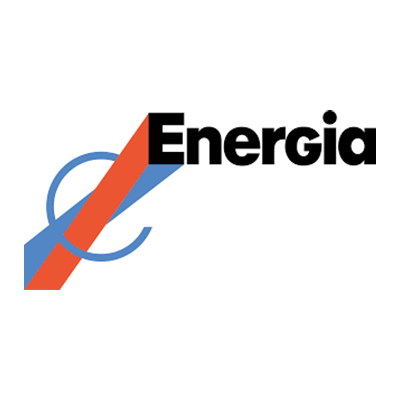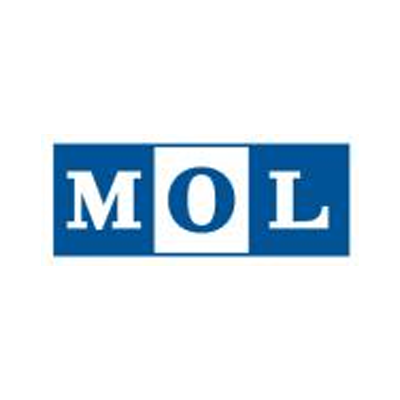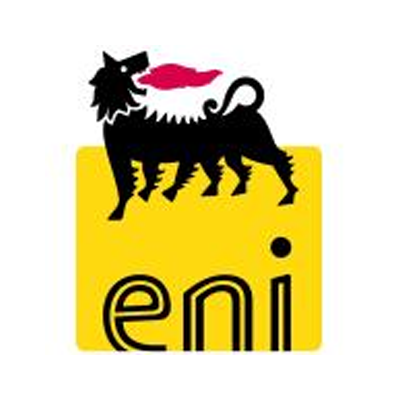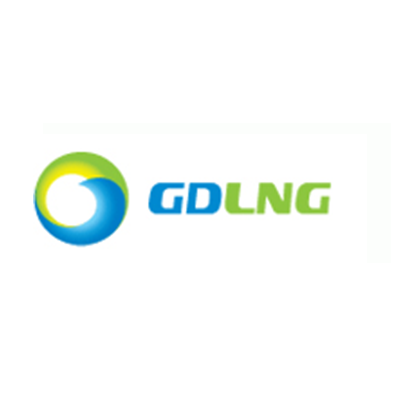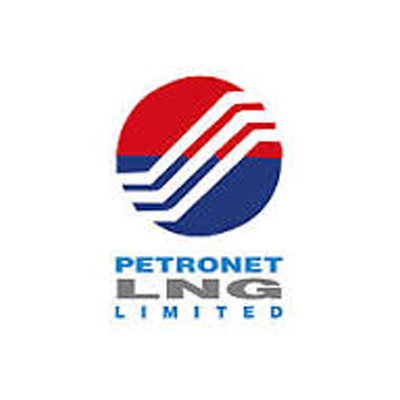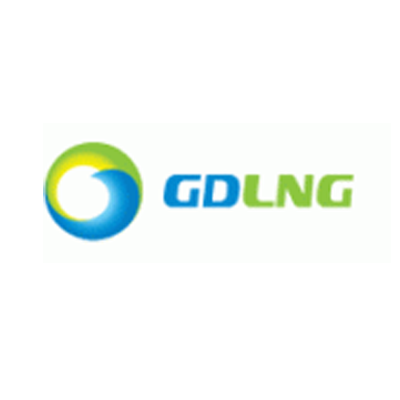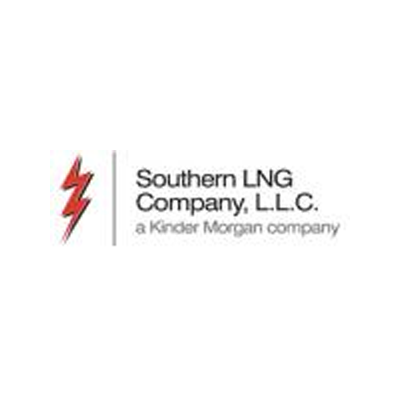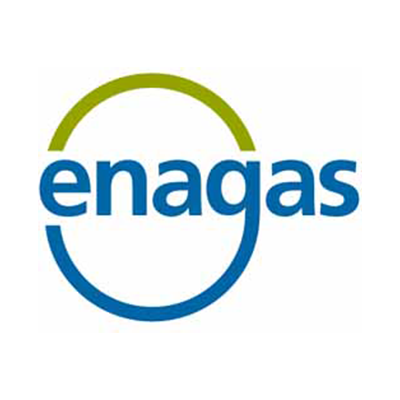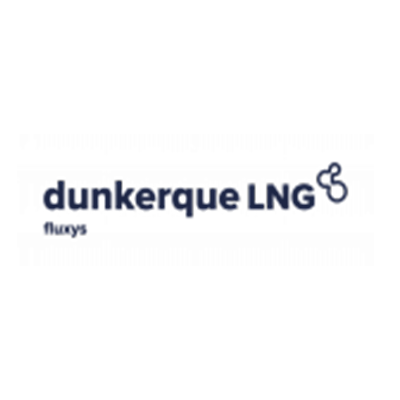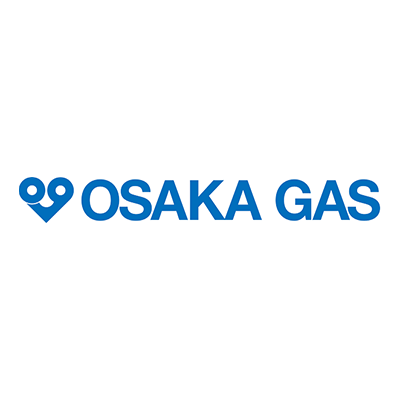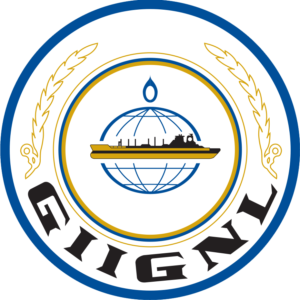GIIGNL comment on Joe Biden’s decision to pause pending approvals of LNG exports
February 2, 2024
The decision of the US administration to pause pending approvals has been a surprise for all LNG importers. Even though it can be seen as a temporary measure, it creates a regulatory risk for a long-term capital-intensive industry. It sends a negative message in terms of reliability of the US as an energy partner for Europe and the rest of the world. Regarding the role of LNG in the energy transition, it could create the conditions for gas to coal switches.
- US LNG has proven to be a reliable alternative source of gas for Europe after the Ukraine invasion and the related fall in pipe gas import from Russia. The probability of a comeback of Russian pipe gas on the medium term is still low and US LNG is still expected to play a key role in European Union Gas Supply. For 2023, our first estimates show that US LNG imported by the EU reached 44 Mt, i.e 45% of total EU LNG import and 15% of EU gas consumption.
- A local pause in the development of LNG projects should not have any major positive impacts on GHG emissions from a global LNG market. On the contrary, it could lead an increase of emissions compared to a situation with no freeze. Depending on the duration of this freeze, it could keep the global LNG market tight, creating price conditions that could lead to switch from gas to coal or oil products. This phenomenon has been observed both in Asia and Europe when gas prices peaked in the aftermath of the Ukrainian crisis.
As shown by the 2022 crisis, market forces have been able to allocate LNG flows efficiently. Capacity development driven by market fundamentals both at the liquefaction and regasification stages should not be hindered by political decisions. These developments are necessary for energy mixes that will embody more and more renewables requiring flexibility in power generation and alternatives for hard-to-electrify activities. So, not only additional LNG capacities should provide an efficient complement to renewables; they also pave the way for the development of fully decarbonized gases like e-methane.
To conclude, in a world where political risks are increasing every day, the LNG industry needs the most stable regulatory framework possible to create the conditions of a harmonious development on the road to a cleaner future.


